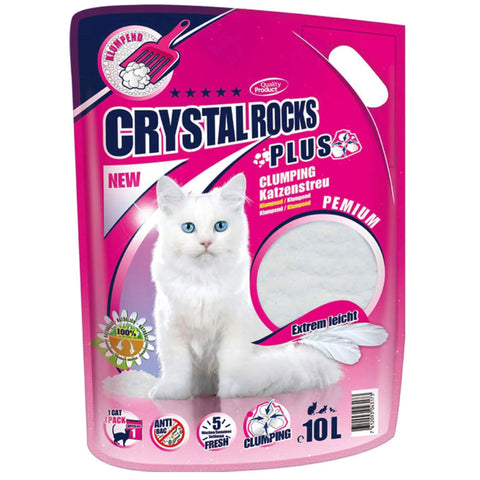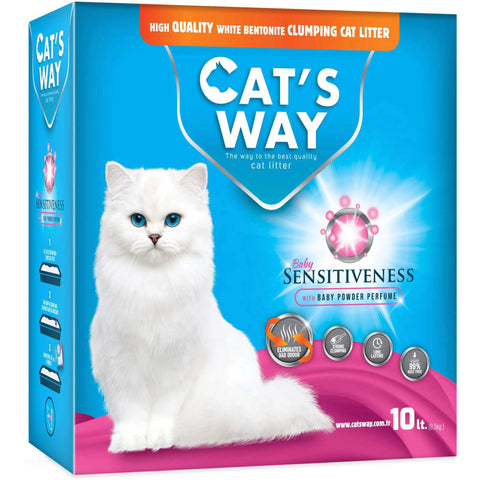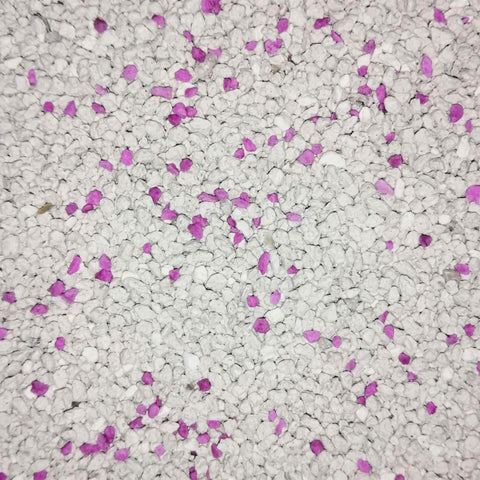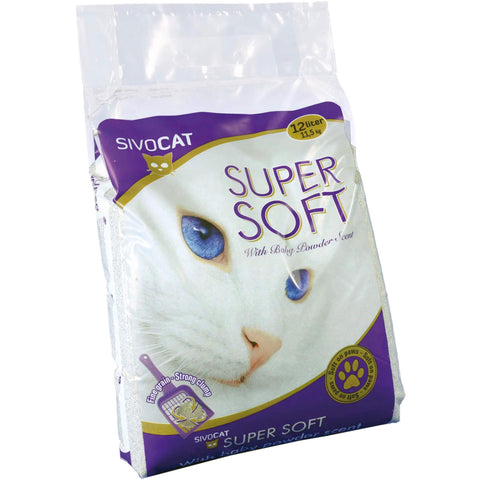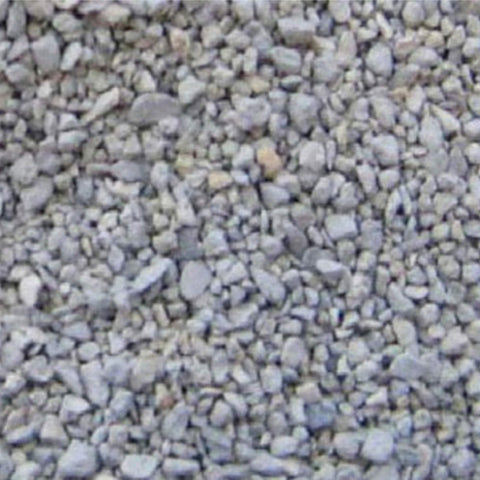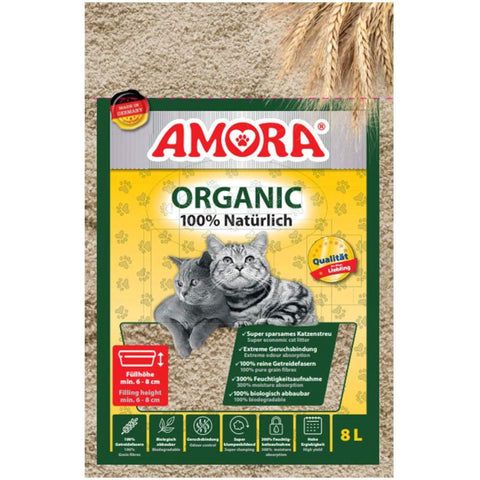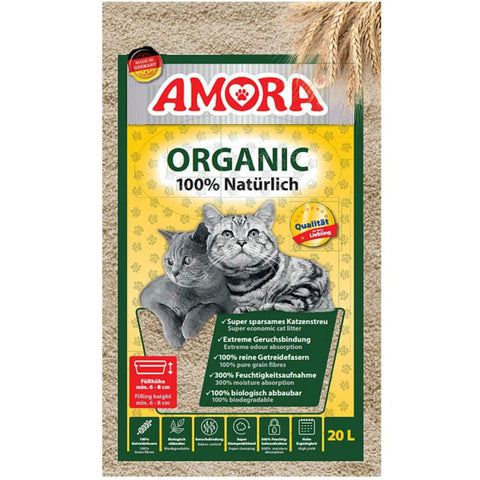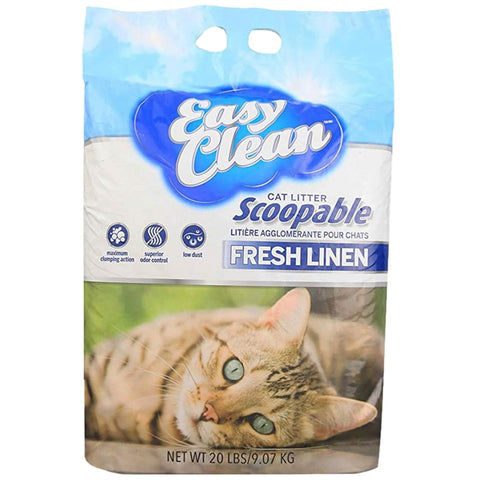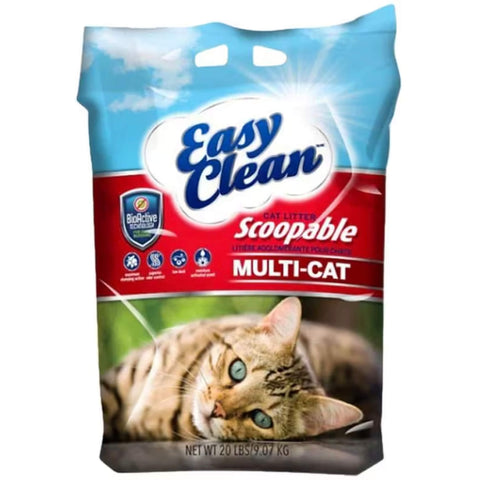36 products
Cat litter
In our cat shop, we offer you a large selection of different types of cat litter so that you can find the perfect solution for your needs. Whether you prefer mineral clumping litter, odour-binding silica litter or environmentally friendly natural litter - you are guaranteed to find the right product for your cat with us.
Why is it so important to choose the right cat litter?
The right cat litter plays a key role in keeping your cat happy and controlling odours in your home. Cats are naturally very clean animals and prefer a clean environment for their litter tray. A poorly chosen litter can cause your cat to avoid the litter tray or become restless. At the same time, the right cat litter helps to minimise unpleasant odours and makes it easier to remove their droppings.
Types of cat litter
Cat litter is available in different materials and forms, each offering specific benefits. Here are the most common categories of cat litter that you will find in our shop:
Mineral cat litter (clumping litter)
Mineral cat litter, also known as clumping litter, is usually made of bentonite. This natural clay material has the ability to absorb liquids quickly and form solid clumps. These can be easily removed from the litter tray without having to replace the entire litter. Bentonite litter is particularly effective at absorbing odours and is very popular with cat owners who prefer to clean the litter tray daily.
Silicate litter
Silica litter, also known as crystal litter, consists of small, porous crystals that absorb moisture extremely well. Silica litter has a high absorbency, which means that the litter can be used for longer before it needs to be completely replaced. The crystals not only absorb moisture, but also odours very effectively. This litter is particularly suitable for cat owners who want to clean less frequently without compromising on hygiene.
Biodegradable cat litter (natural litter)
For environmentally conscious cat owners, we offer a wide selection of biodegradable cat litter. This consists of plant-based materials such as wood, maize, wheat or paper. Natural litter is not only environmentally friendly, but also gentle on your cat's sensitive paws. It is also often lighter and less dusty than mineral alternatives. Many of these types of litter are also clumping and offer good odour control.
Non-clumping cat litter
Non-clumping cat litter absorbs liquids without forming solid clumps. These types of litter need to be completely changed more frequently as the moisture is dispersed throughout the material. Non-clumping litter is often a cheaper choice and is popular in households with young kittens or sensitive cats as it is often gentler on the paws.
Important factors when choosing cat litter
Odour retention
One of the most important factors in choosing the right cat litter is its ability to bind odours. Clumping litter, especially bentonite or silicate, generally has the best properties in this respect. Natural litter also offers good results if it is changed regularly.
Dust development
Dust generation is an important aspect, especially for sensitive cats or in households with allergy sufferers. Some types of litter, especially cheap mineral litters, can generate a lot of dust, which can lead to breathing problems. Low-dust options such as silicate or natural litter are recommended here.
Clumping ability
Clumping makes cleaning the litter tray much easier, as you only need to remove the soiled areas while the rest of the litter remains clean. Clumping litter made from bentonite or natural materials offers a practical solution here.
Environmentally friendly
For cat owners who attach great importance to sustainability, biodegradable litter types are an excellent choice. These types of litter protect the environment and are often made from renewable raw materials. They can also often be composted.
Compatibility for the cat
Every cat has individual preferences. Some prefer soft, fine-grained litter, while others favour coarse-grained variants. You should also make sure that the litter does not contain any irritating chemicals or fragrances that could affect sensitive cat skin or respiratory tracts.
How often should cat litter be changed?
The frequency of litter changes depends on the type of litter and the number of cats in the household. Clumping litter can be used for several weeks before it needs to be completely replaced if it is cleaned regularly (daily removal of clumps). Non-clumping litter should be completely changed about once or twice a week. Silica litter can often last up to a month, while natural litter may need to be changed a little more frequently depending on the material.
Tips for caring for the litter tray
Daily cleaning
Remove faeces and lumps of urine daily to keep the litter tray clean and fresh.
Regular complete change
Depending on the type of litter, you should change all the litter every one to four weeks
Cleaning the litter tray
Wash the litter tray with warm water and a mild detergent when changing it completely to prevent bacterial growth.
A pleasant environment
Make sure that the litter tray is in a quiet and easily accessible place so that your cat feels comfortable.
Cat litter for special needs
Some cats have special requirements, whether due to their age, health or behaviour. For older cats or cats with joint problems, there are soft litter types that are gentle on the paws. Hypoallergenic cat litter is also available, which has been specially developed for sensitive cats and allergy sufferers.

